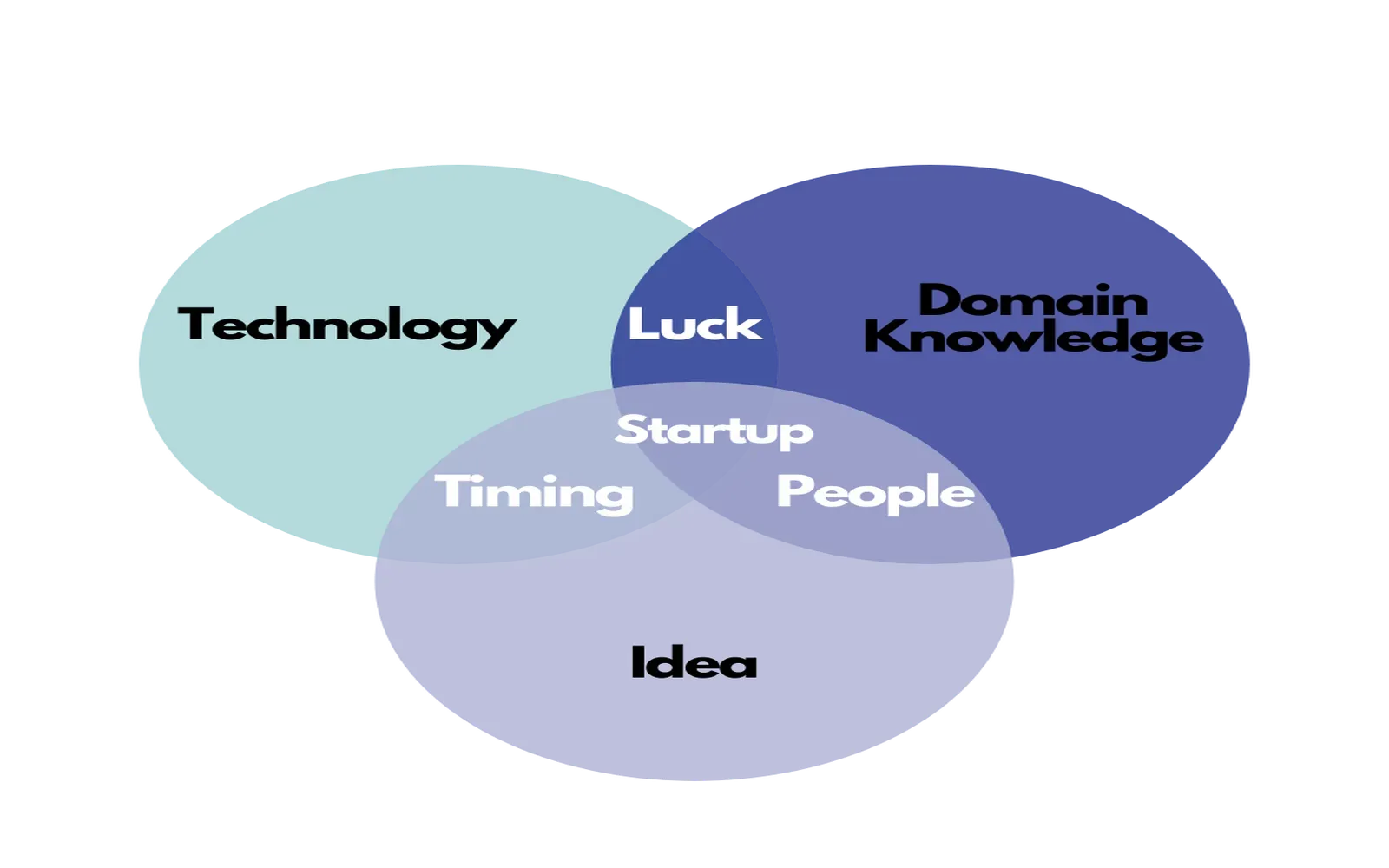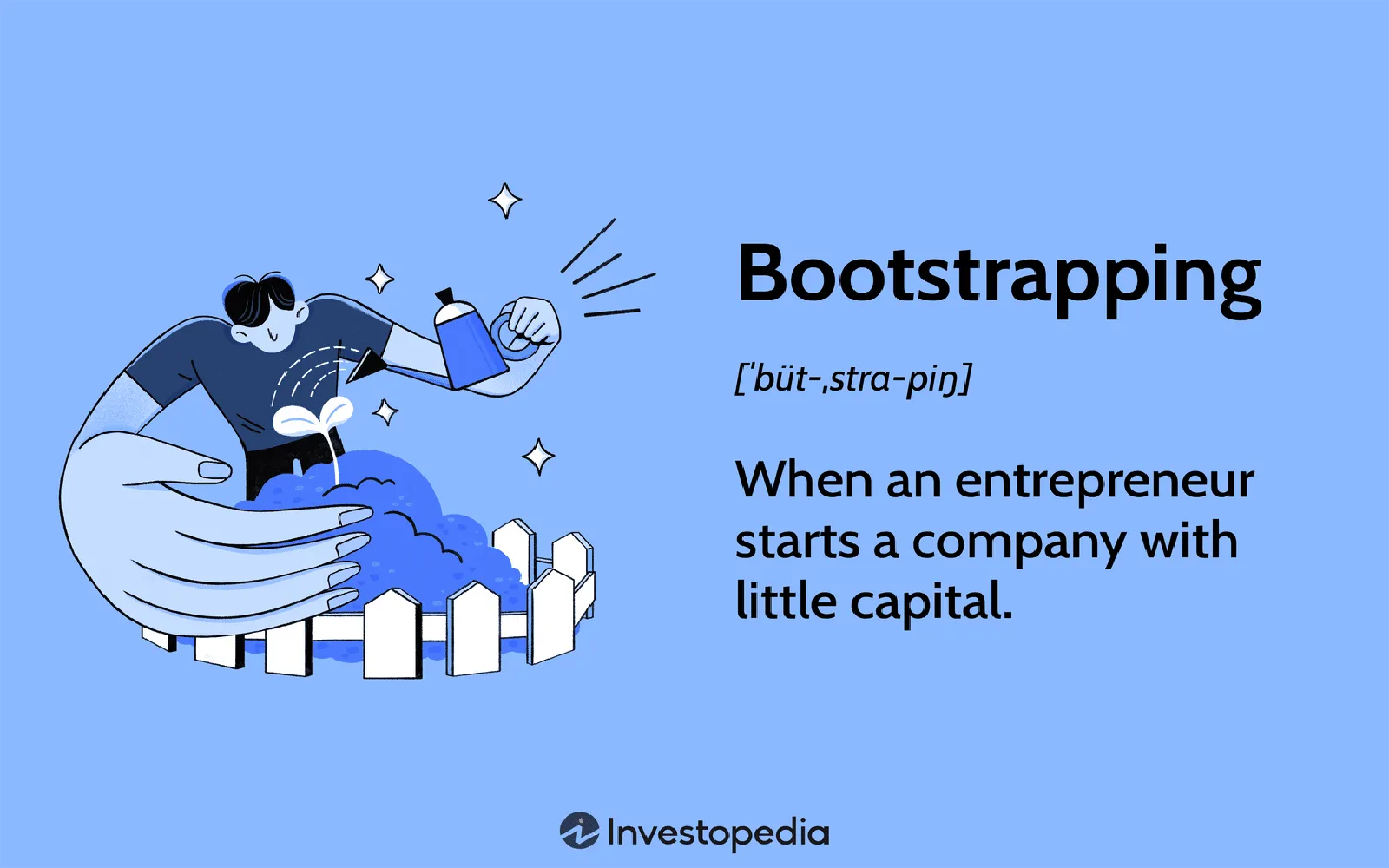Understanding Time Wastage for First-Time Tech Founders
For first-time tech founders, the journey of building a startup is both exciting and challenging. However, many new entrepreneurs unknowingly waste valuable time that could be better spent on critical tasks. In this article, we will explore four common ways that first-time tech founders waste time and how they can avoid these pitfalls to optimize their efforts effectively.
1. Over-Planning and Overthinking
One of the most significant time-wasters for first-time tech founders is the tendency to over-plan and overthink their ideas. While having a clear vision is essential, spending too much time perfecting a business plan can lead to missed opportunities and delays in execution. Founders often get caught up in the details, leading to analysis paralysis.
To combat this, founders should focus on creating a minimum viable product (MVP) that allows them to test their ideas in the market quickly. By prioritizing action over perfection, they can gather valuable feedback and iterate based on real-world data.
| Over-Planning Consequences | Solutions |
|---|---|
| Delays in product launch | Develop an MVP |
| Increased stress and frustration | Set clear deadlines |
| Missed market opportunities | Focus on customer feedback |
2. Inefficient Team Management
First-time tech founders often struggle with team management, leading to inefficient workflows and wasted time. New entrepreneurs may hesitate to delegate tasks, opting to take on too much themselves. This micromanagement can stifle creativity and slow down progress.
To maximize efficiency, founders should learn to trust their team members and delegate responsibilities based on individual strengths. Implementing collaborative tools and establishing clear communication channels can also enhance productivity and ensure everyone is on the same page.
| Team Management Pitfalls | Best Practices |
|---|---|
| Micromanaging tasks | Delegate responsibilities |
| Poor communication | Utilize collaboration tools |
| Misaligned goals | Set clear objectives |
3. Neglecting Marketing Strategies
Many first-time tech founders underestimate the importance of effective marketing strategies, leading to wasted time and resources. They may focus heavily on product development while neglecting to create a robust marketing plan. This oversight can result in a lack of visibility in a competitive market.
Founders should prioritize developing a comprehensive marketing strategy early on. Understanding target audiences and utilizing digital marketing channels, such as social media and SEO, can significantly boost brand awareness and drive traffic to their product or service. Partnering with experts in fields such as referrerAdCreative can also enhance marketing effectiveness.
| Marketing Mistakes | Effective Strategies |
|---|---|
| Ignoring target audience | Conduct market research |
| Underutilized online presence | Implement SEO techniques |
| Limited marketing channels | Explore diverse platforms |
4. Avoiding Networking Opportunities
Networking is crucial for first-time tech founders, yet many shy away from building connections. They might perceive networking as a time-consuming activity that does not directly contribute to their startup's success. However, neglecting networking can lead to missed opportunities for partnerships, funding, and valuable mentorship.
Founders should actively seek networking opportunities by attending industry events, joining online communities, and connecting with fellow entrepreneurs. Establishing relationships with other professionals can provide insights, support, and potential collaborations that may accelerate their startup's growth.
| Networking Challenges | Actionable Steps |
|---|---|
| Fear of rejection | Practice effective communication |
| Limited local connections | Attend industry events |
| Inconsistent follow-ups | Set reminders to reconnect |
Conclusion
First-time tech founders must recognize and address these common time-wasting habits to enhance their productivity and increase their chances of success. By focusing on efficient planning, effective team management, robust marketing strategies, and active networking, founders can make the most of their time and resources. Avoiding these pitfalls will not only help them navigate the startup landscape more effectively but also position them for long-term growth and sustainability.





